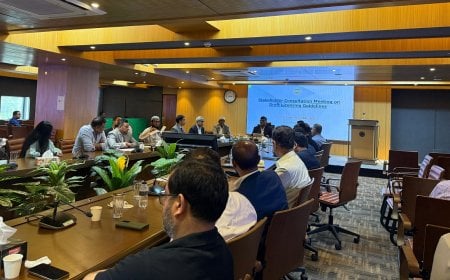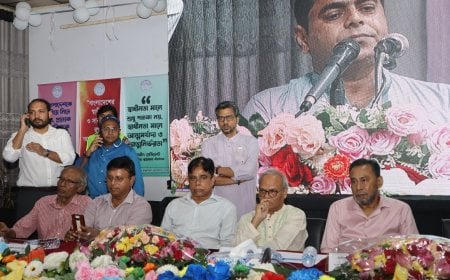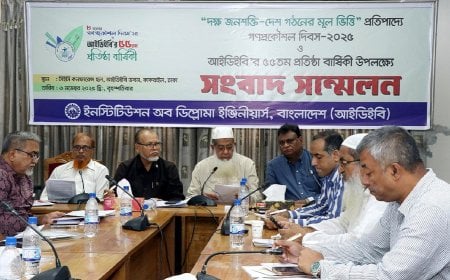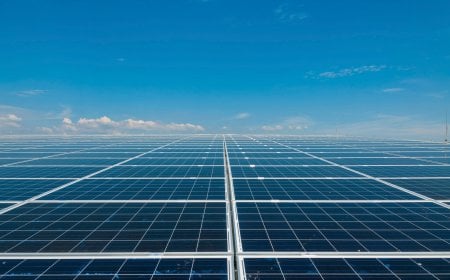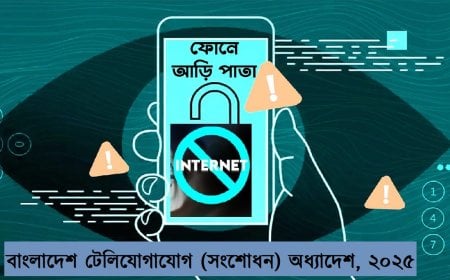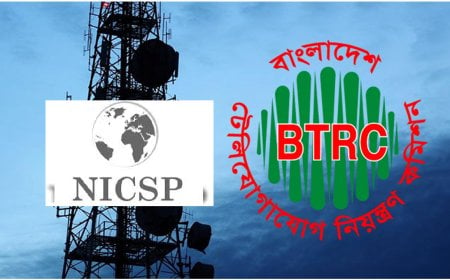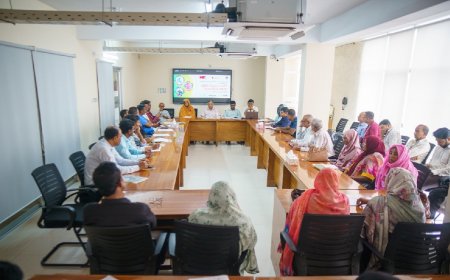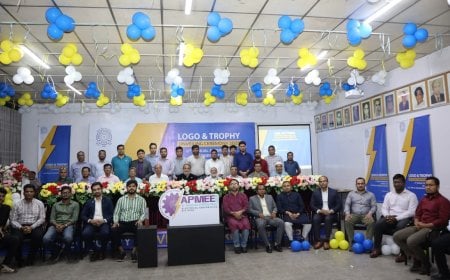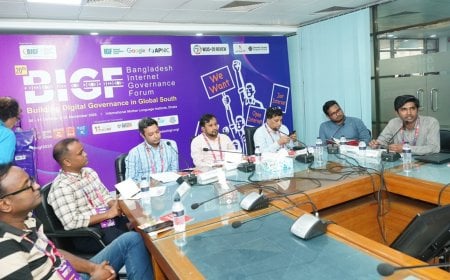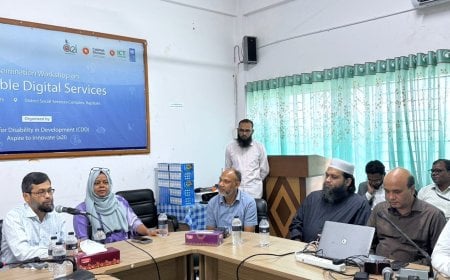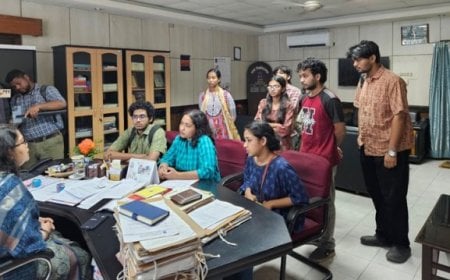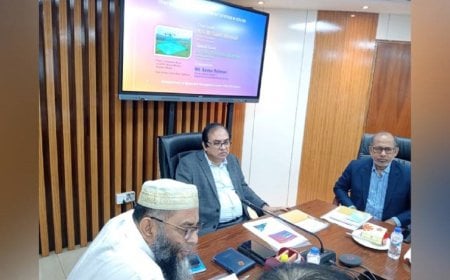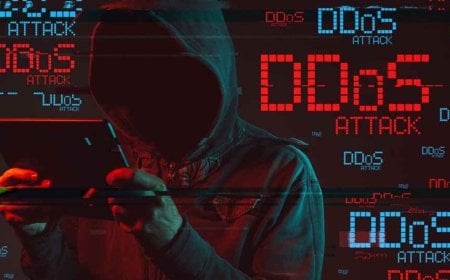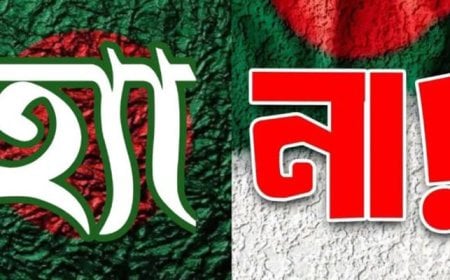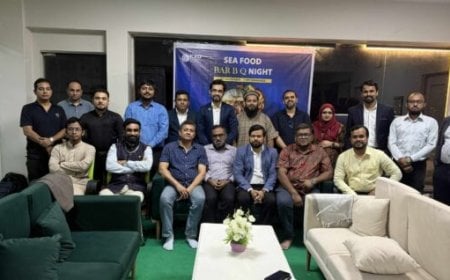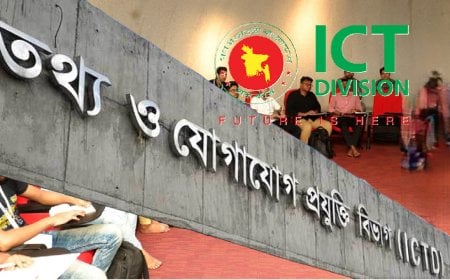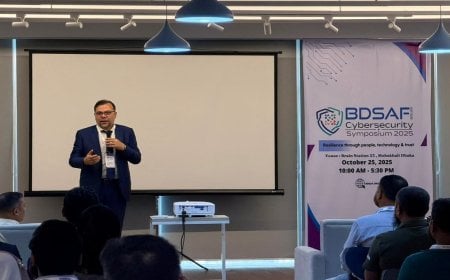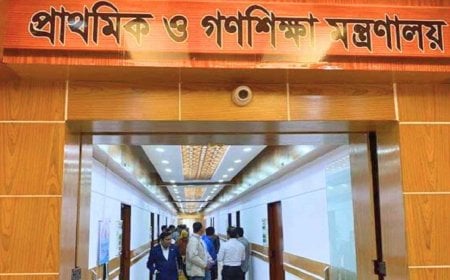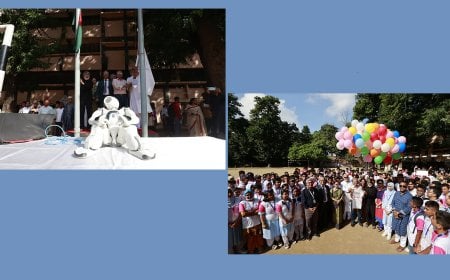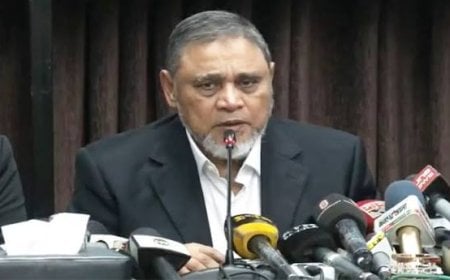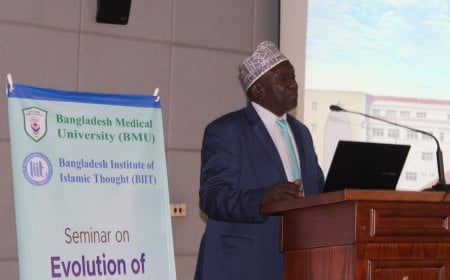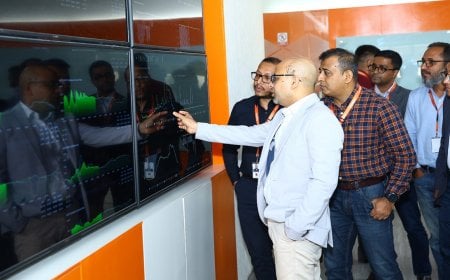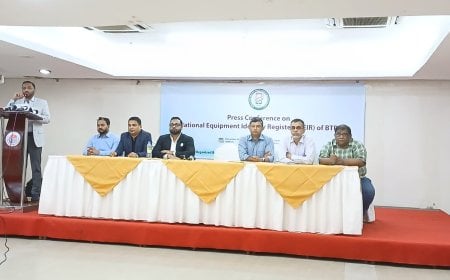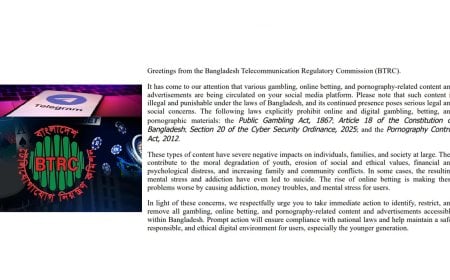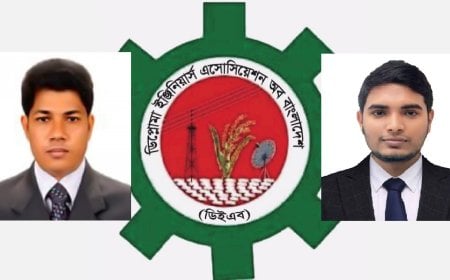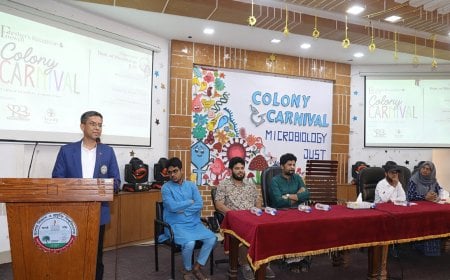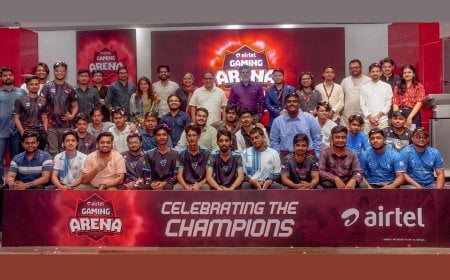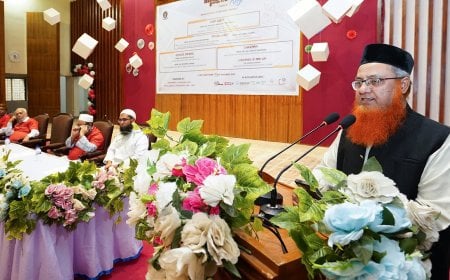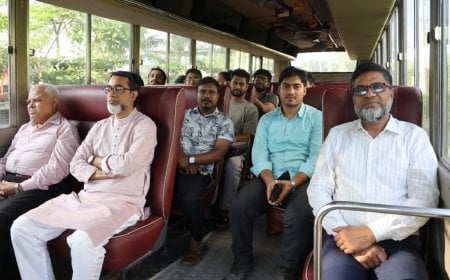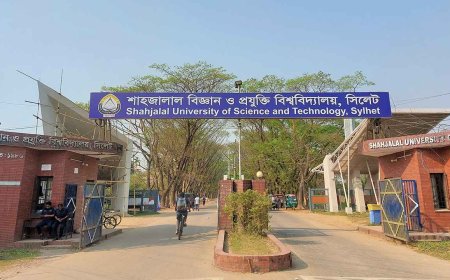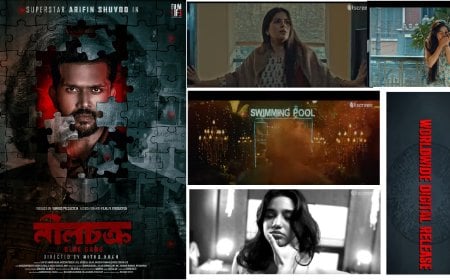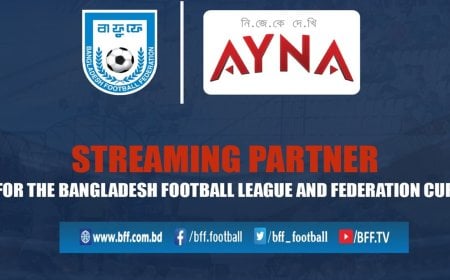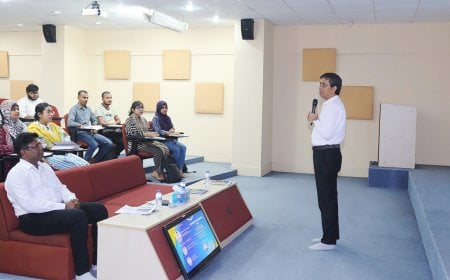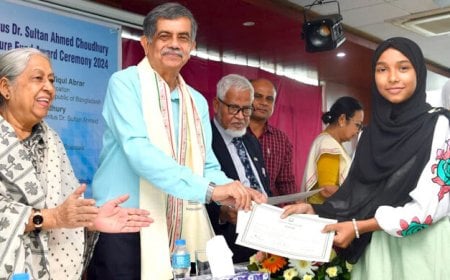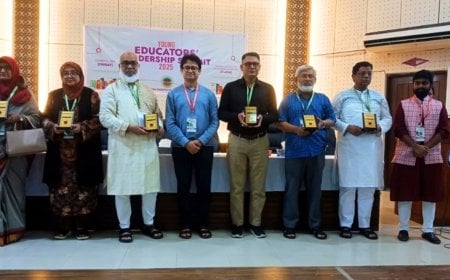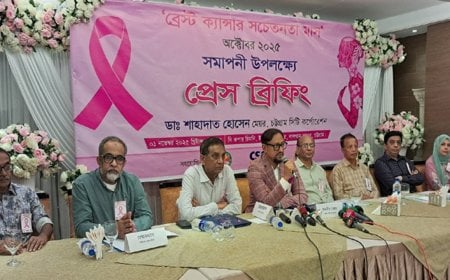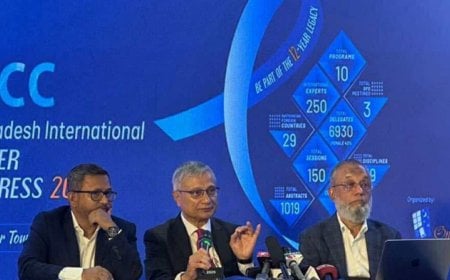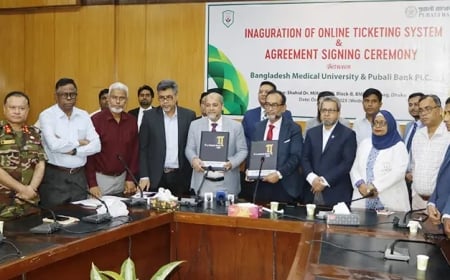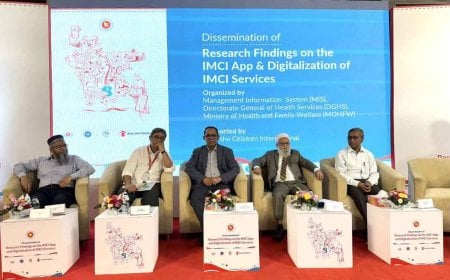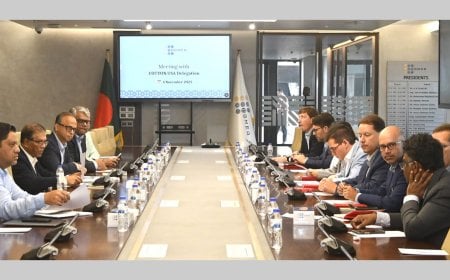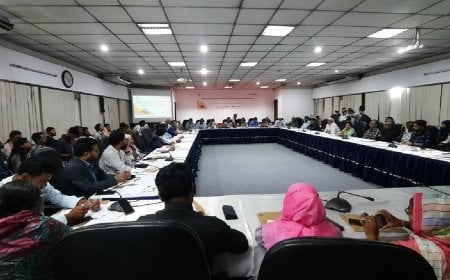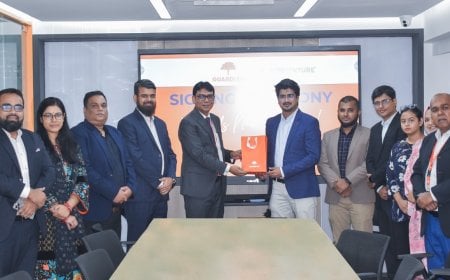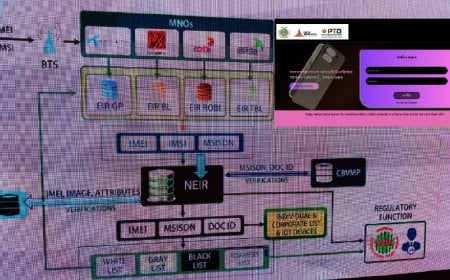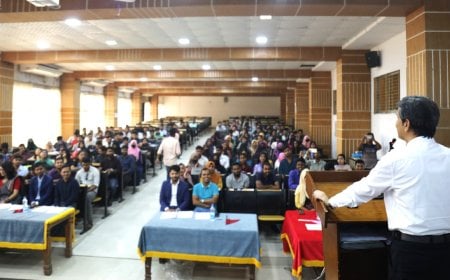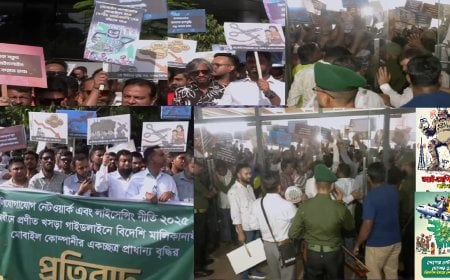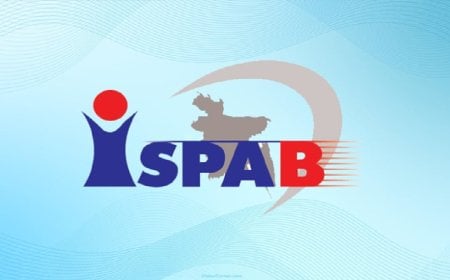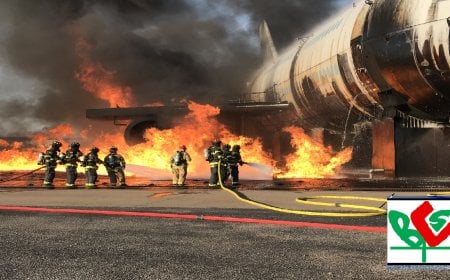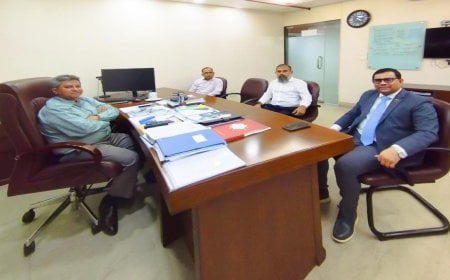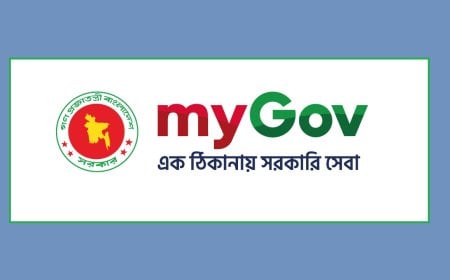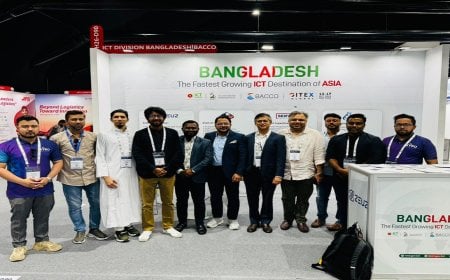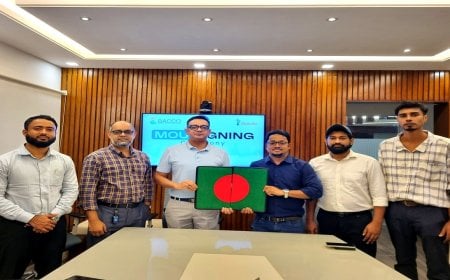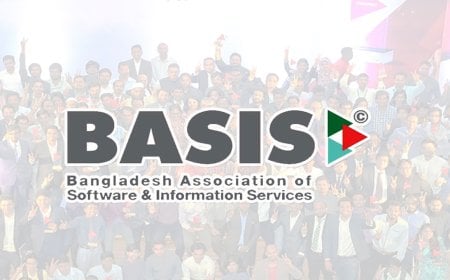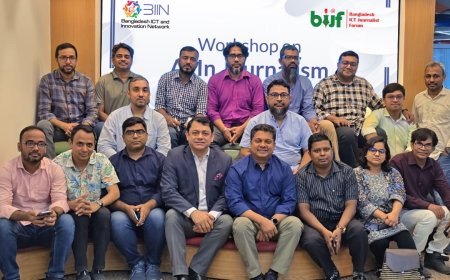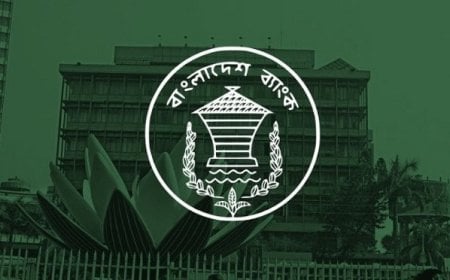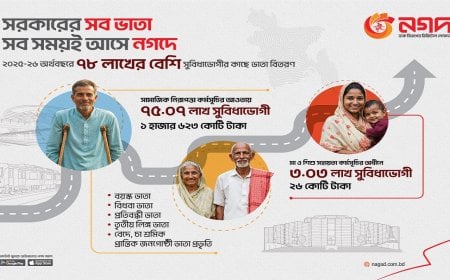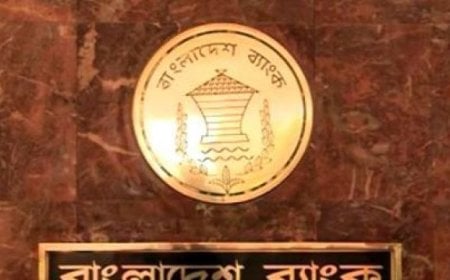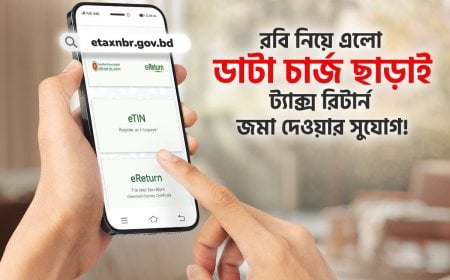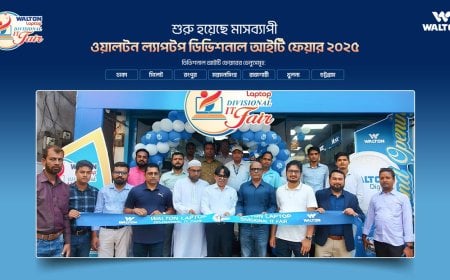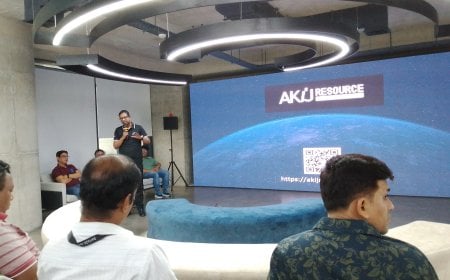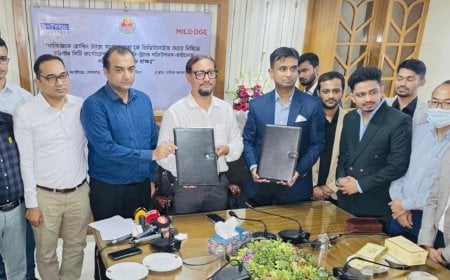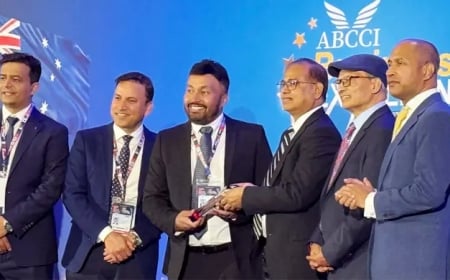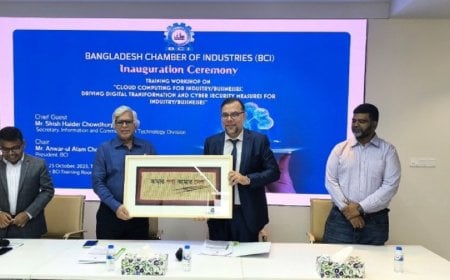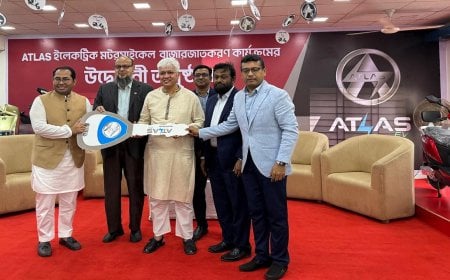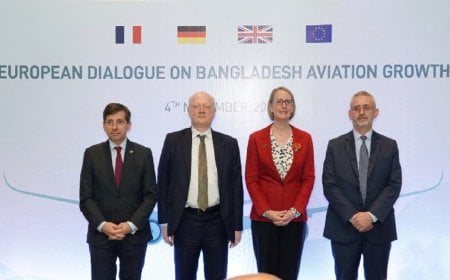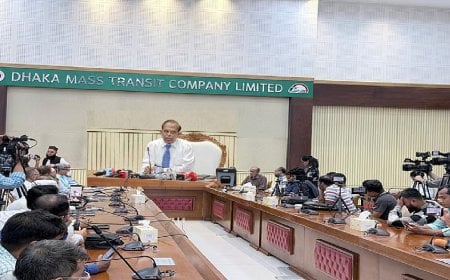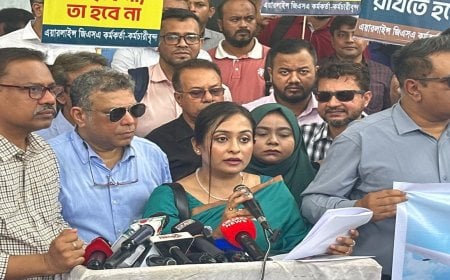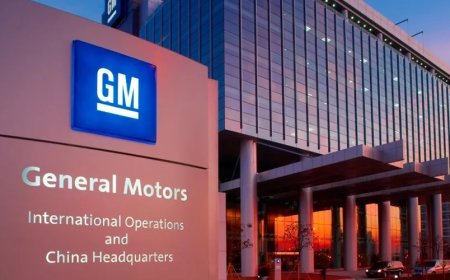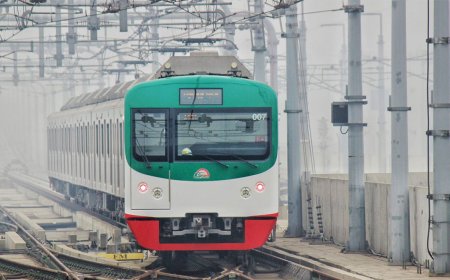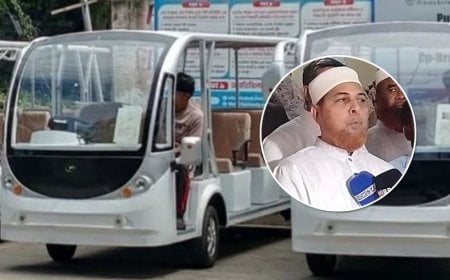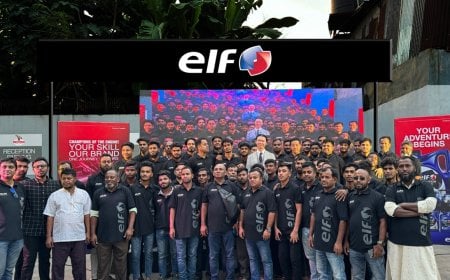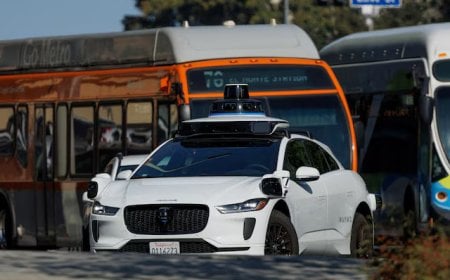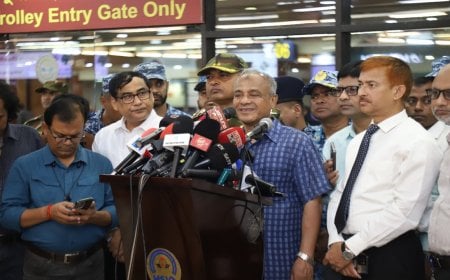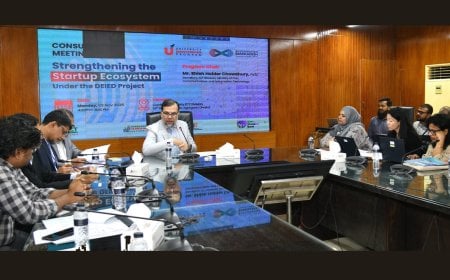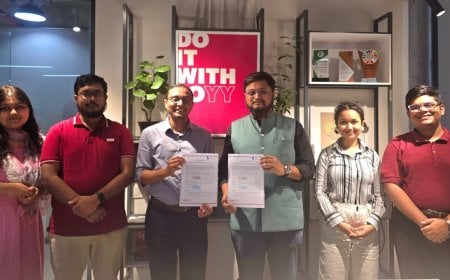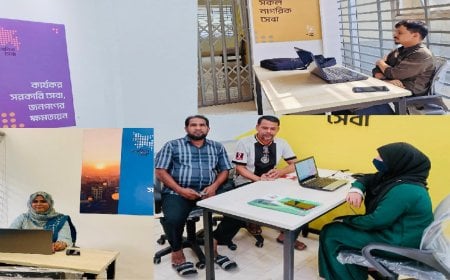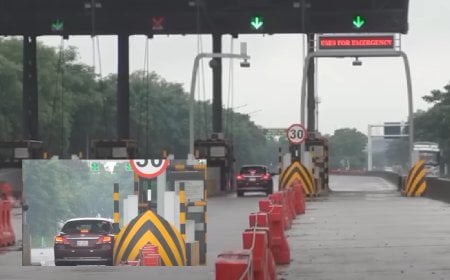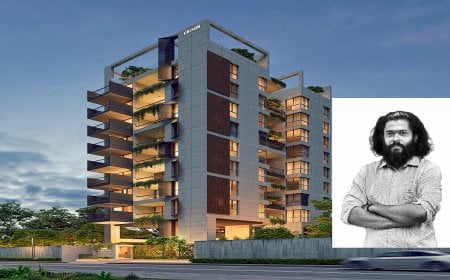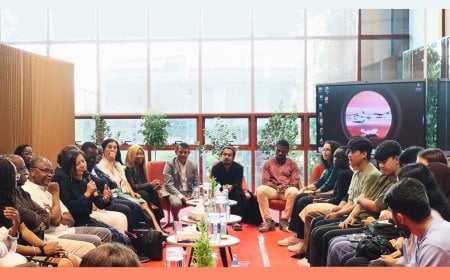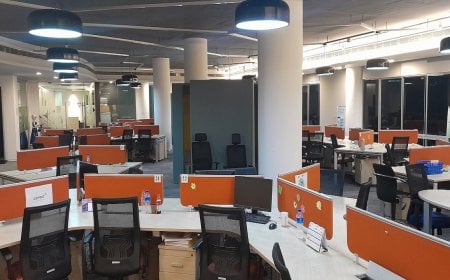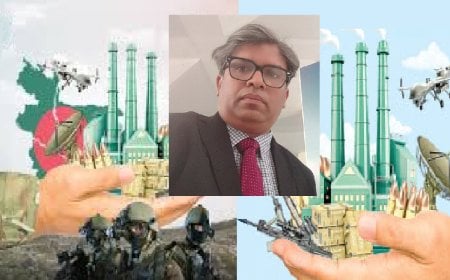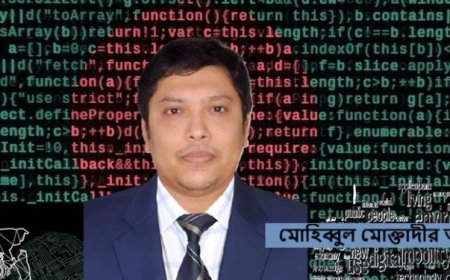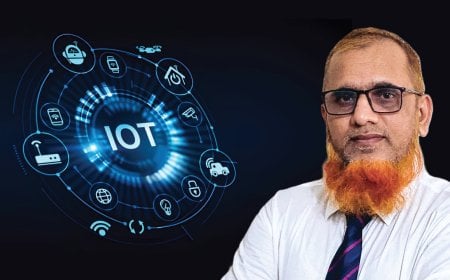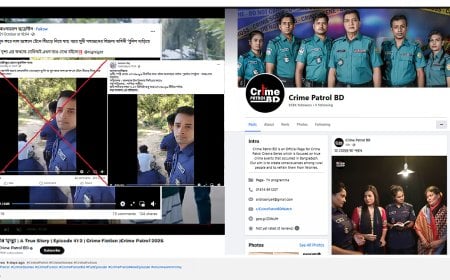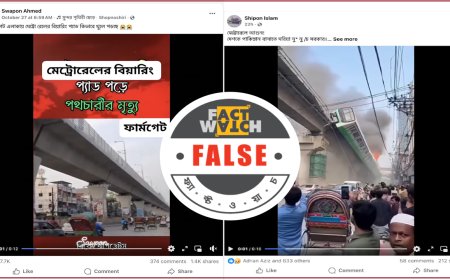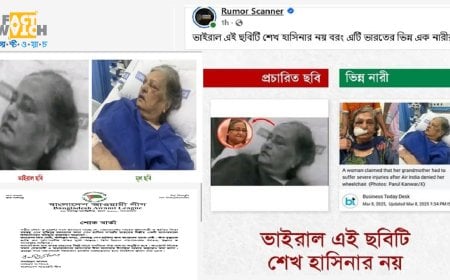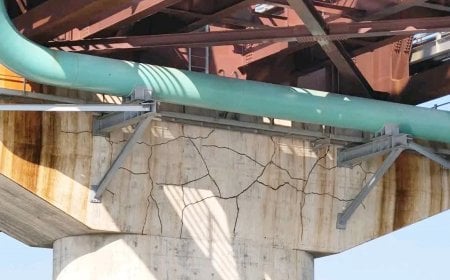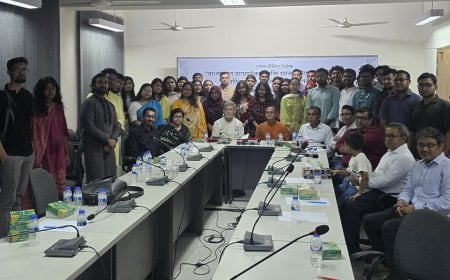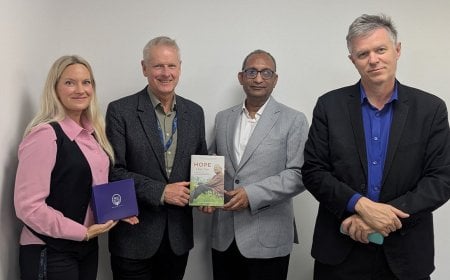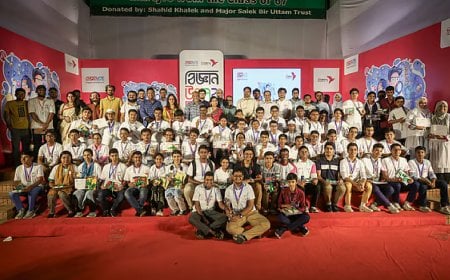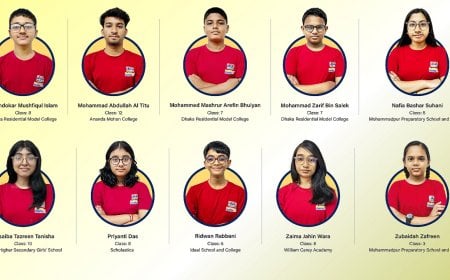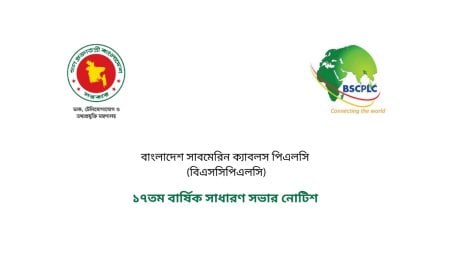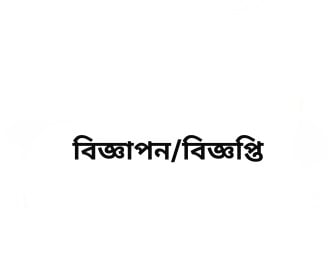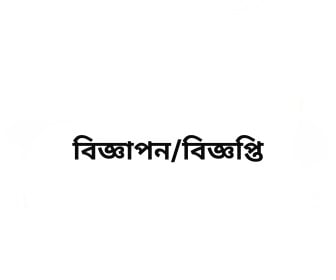ISP Protest Persists: Providers Push Back Against Telecom Policy 2025
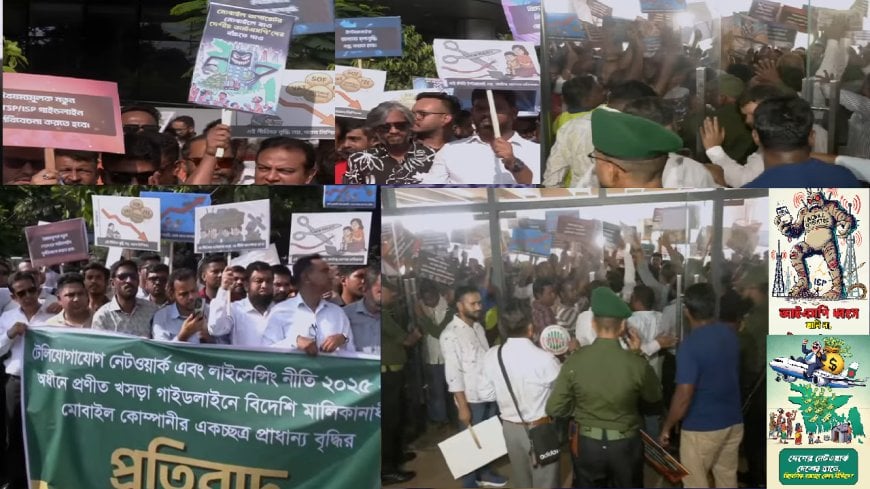
Around two and a half thousand internet service providers (ISPs), who serve customers directly, formed a human chain on the afternoon of November 3 in front of the Bangladesh Telecommunication Regulatory Commission (BTRC) building in Agargaon, Dhaka. The protest, which continued into the evening, saw demonstrators lined up in four rows along the roadside beside the BTRC wall.
The demonstrators carried placards reading, “Ensure policy protection for local entrepreneurs and investors,” and “Telcos’ time is over—Bangladesh was built by ISPs.”
Other protest signs featured symbolic cartoons and slogans such as “We reject ISP destruction and Telco domination,” “Go mobile, save local ISPs,” “Keep the country’s money at home, stop dollar outflow,” “Local in name, foreign in gain,” “We won’t accept ISP elimination or leave the streets,” and “National networks must remain in national hands—under what policy are foreigners entering?”
Gathered under the banner of Internet Service Providers Association of Bangladesh (ISPAB), the ISPs protested the draft Telecom Policy 2025, calling for revisions to protect their industry. Following slogans and speeches, the protesters staged a sit-in at the base of the BTRC building, arguing that the proposed guidelines would allow mobile operators to offer Wi-Fi services, effectively erasing the existence of fixed broadband.
One CEO of an ISP company, holding an ISPAB placard, said, “Mobile operators are being permitted to provide fixed broadband services directly through fiber optic cables, which contradicts the terms of their licenses. Their licenses allow cellular services, not cable-based broadband. If approved, the internet market will fall under the control of just three mobile operators, leaving around 2,700 local ISPs on the brink of extinction. That’s why we’re all here today.”
ISPAB President Aminul Hakim told reporters, “If the proposed draft policy is implemented, the current 3% tax and VAT will rise to 17%. Overall, end-user costs will increase by 20%. Customers who now pay Tk 500 for internet will have to pay an extra Tk 100, and those paying Tk 1,000 will see their cost rise to Tk 1,200.”
He also questioned the disparity in licensing fees, saying, “Elon Musk’s Starlink has been set a license fee of only USD 10,000 (about Tk 12 lakh), while domestic ISPs must pay Tk 25 lakh. This discrimination is pushing local entrepreneurs toward collapse.”
He warned, “If we don’t stand against this draft policy now, it could lead to a digital shutdown in the future.”
ISPAB Secretary General Nazmul Karim Bhuiyan said, “Before the policy, we submitted ten letters and held multiple consultations. However, the guidelines do not reflect what was promised in the policy. In the past, our proposals and recommendations were ignored. Under the new policy, small and medium-sized ISPs will collapse within three months. If BTRC fails to safeguard local ISPs’ interests this time, we will be forced to launch a tougher movement.”
According to sources, following the protest, a five-member ISPAB delegation, led by the president, eventually met with the BTRC chairman after waiting for some time. Before that, they held discussions with Brigadier General Md Aminul Haque, Director General of Legal and Licensing, and several other senior officials. ISPAB’s secretary general, vice president Neyamul Haque Khan, treasurer Moin Uddin Ahmed, and joint secretary Fuad Muhammad Sharafuddin were also present. At the end of the meeting, the delegation submitted a written document outlining their objections and proposed solutions to the new guidelines and presented their arguments before the BTRC chairman.
When asked about the outcome, ISPAB Secretary General Bhuiyan said, “The BTRC chairman assured us that no policy will be introduced that goes against the interests of small and medium ISPs. He will discuss the matter further before making a decision. Therefore, we have suspended our sit-in for now. Until November 6, there will be no further demonstrations. But if this meeting turns out to be a formality, we will take strict action and announce tougher programs. We will not rest until all forms of discrimination are eliminated and our legitimate demands are met.”
Meanwhile, BTRC Chairman Emdadul Bari said, “We have formulated the guidelines following international standards and established norms through multiple meetings. However, if anyone still has objections, they are welcome to submit feedback on the draft. We will hold a stakeholder meeting on November 6.”
Sources added that another meeting is scheduled for November 9. Internet entrepreneurs are now waiting to see what elements will remain in the final version of the telecom policy once these discussions conclude.
